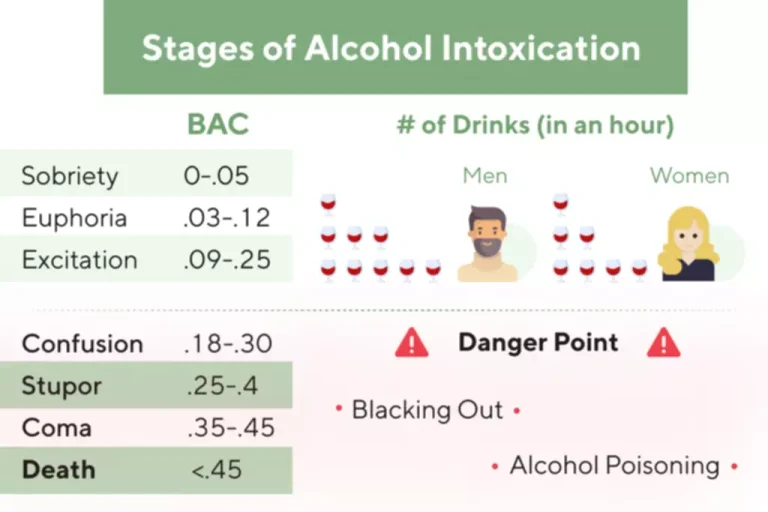
This may be difficult because the person may think he or she is healthy. Sometimes husbands and wives of high-functioning alcoholics are the only ones who know their spouse has alcohol problems. People addicted to alcohol may be able to function at work or in social drinking situation, but they’re unable to hide the disease from the person closest to them. If someone close to you is a high-functioning alcoholic, it’s just as important to seek support for yourself as it is to get help for your loved one. You likely have questions about how to deal with an alcoholic, or how to help an alcoholic. Self-help organizations, church groups, and 12-step programs like Al-Anon and Alateen offer advice, hope and encouragement to people involved with functioning alcoholics.
Outpatient Programs
- But having alcohol use disorder doesn’t necessarily mean a person is unable to function in their daily life.
- At some point, a high-functioning alcoholic has tried to quit drinking but failed in their attempt.
- With the help of a professional, you may be able to hold an intervention.
- When you’re ready to seek help, or if you have questions about how to live with an alcoholic, we’re here for you.
- The harmful consequences of AUD can be emotionally and socially overwhelming, leading to serious health problems and the need for medical advice and alcohol treatment.
This hidden drinking and secretive lifestyle is a huge red flag when it comes to alcoholism and shouldn’t be ignored. Despite saying they’re going to have “just one drink,” high-functioning alcoholics are unable to limit their alcohol consumption. They tend to drink heavily while at a party or bar, and when it comes time for last call, they quickly down their drink then run to the bar to order another.

They Drink Instead Of Eat

One of the main reasons that people who misuse alcohol seek help is the eventual negative consequences of their alcohol consumption. When the pain or embarrassment gets bad enough, they can no longer deny that their drinking needs to be addressed. While cirrhosis scars from excessive drinking are irreversible, quitting alcohol and leading a healthier lifestyle can help your liver heal from alcohol-related liver disease. Peer pressure and easy availability of alcohol can increase the risk of developing an AUD. Negative life experiences, such as grief, abuse, or living in poverty, can also increase the odds.

Children of High-Functioning Alcoholics
“Functioning alcoholic” is an outdated term that in the past was used to describe people with alcohol use disorder who appear to meet their everyday responsibilities. However, alcohol use disorder is diagnosed based on a set of criteria that aren’t always seen by others. These behaviors are potential signs that a person is unable to control their cravings high functioning alcoholic for alcohol or they’re trying to resolve withdrawal symptoms by drinking, both of which are symptoms of AUD. One sign that someone may have alcohol use disorder is that they consume excessive amounts of alcohol. This can look like binge drinking (drinking a lot over a short period) or heavy drinking (drinking a lot over a more extended period).

Why is High-Functioning Alcoholism a Problem?
What Are the Signs of a Functional Alcoholic?
What Percentage of Alcoholics are Functioning or High Functioning Alcoholics?
- They go to work, pay their bills, have nice homes, seem healthy, turn up to their kid’s soccer games, and keep up appearances.
- Yes, high-functioning alcoholism carries significant health risks, including liver disease, cardiovascular issues, neurological damage, and an increased risk of certain cancers.
- A doctor may also diagnose AUD by asking about your health history and drinking patterns.
- Ongoing substance abuse can lead to depression or make existing symptoms worse.
